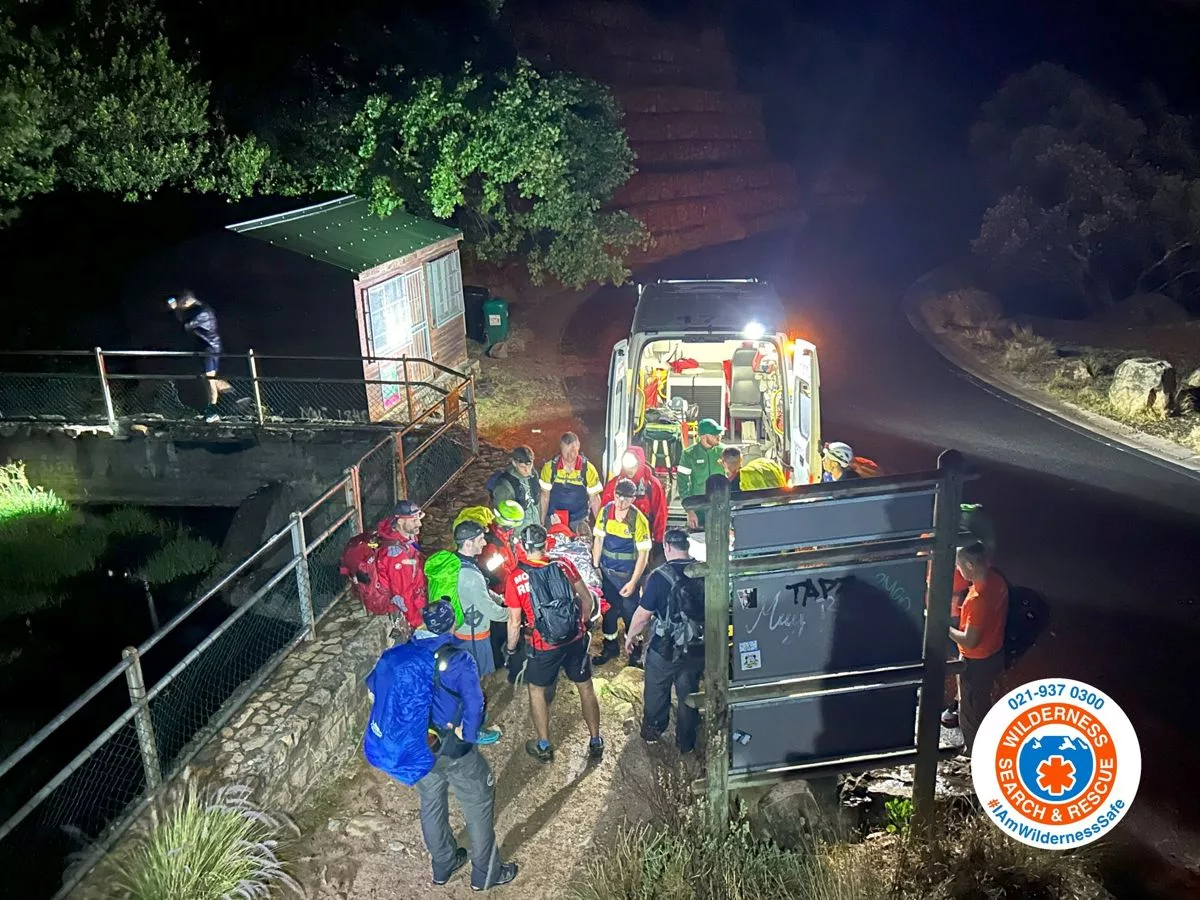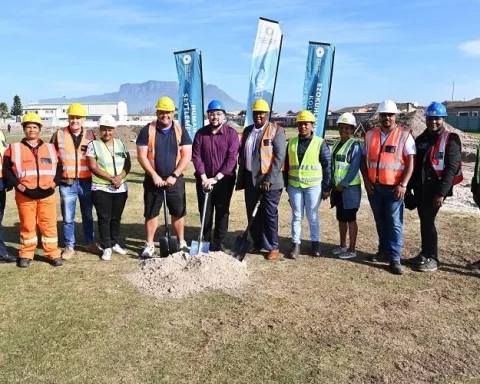In South Africa, over 998,000 live births were recorded in 2022, with the majority taking place in the same year. The median age of mothers giving birth increased to 28.2 years, with 70% of births from mothers aged 20-34. However, there were concerns about delayed birth registrations, particularly among teenage mothers. The data also revealed seasonal birth trends and regional variations in birth rates, as well as popular baby names for the year.
What is the live birth trend in South Africa?
South Africa recorded 998,362 live births in 2022, with 91.3% taking place in the same year. The median age of mothers increased to 28.2 years, and 70% of births were from mothers aged 20-34 years old. There were seasonal birth trends with the highest proportion occurring in March. Sociocultural and bureaucratic factors may have contributed to a substantial fraction of delayed registrations.
Deciphering the Numeric Puzzle of Live Births
Each day, the vast canvas of human existence is meticulously painted with the birth of numerous lives throughout the world. These live births, though seemingly straightforward, are actually potent markers of the health and welfare status of a population. One such captivating instance is the dynamic scenario of South Africa.
A recent publication by Stats SA divulged that South Africa’s Department of Home Affairs logged 998,362 live births in 2022. This astonishing figure, however, is much more than mere statistics. It operates as a demographic health monitor, a societal wellness indicator, and offers an insight into the understated modifications in the country’s social fabric.
Delving into the details, it emerges that 911,986 or 91.3% of these births took place in 2022 itself, while the residual 8.7% or 86,376 were retrospective registrations from prior years. This substantial fraction of delayed registrations implies potential bureaucratic impediments, sociocultural elements, or even financial conditions that might impact the declaration of births.
Dissecting the Demographic Dynamics
Examining the data minutely, one can spot a gradual demographic shift. The median age of South African mothers climbed to 28.2 years in 2022, the maximum since 1999. This rising trend points to a possible shift in societal conventions, potentially dictated by factors like enhanced educational prospects for women or fluctuating economic dynamics.
Furthermore, almost 70% of births were ascribed to mothers in the age group of 20-34 years, sketching the image of a young, fertile populace. Beneath this statistic, however, lurked an unsettling fact: the highest number of births among mothers aged 17 or younger was recorded in KwaZulu-Natal, closely trailed by Eastern Cape and Limpopo.
Curiously, the data unmasked certain seasonal birth trends. The maximum proportion of births was witnessed in March (9.2%), immediately succeeded by January (8.9%). The reasons for this pattern remain conjectural – it could be climatic influences, cultural customs, or simply chance.
Evaluating Legal Compliance and Geographic Distribution
In terms of legal adherence, 78.0% of births in 2022 were registered within the obligatory 30-day timeframe post-birth. An appreciable improvement over the years, but it was marred by the disturbing 35.6% of teenage mothers who delayed their child’s birth registration by a year or more.
The dispersion of data across geography was just as insightful. The highest birth registrations were observed in Gauteng and KwaZulu-Natal, constituting 23.2% and 22.0% of the total figures, respectively. Limpopo secured the third position with 12.4%, while Free State (4.7%) and Northern Cape (2.5%) trailed.
Baby Names and Societal Trends
On a lighter vein, the report disclosed the most sought-after baby names for 2022. In the boys’ category, Lethabo, Lubanzi, and Melokuhle topped the list. For girls, Onalerona, Melokuhle, and Lisakhanya were the preferred choices. Intriguingly, while Lethabo retained its top rank for boys since 2021, Onalerona made a significant leap from being the 27th popular name in 2021 to the topmost choice in 2022.
South Africa’s live birth data narrates a tale of transformation, progression, and a hint of concern. The statistics offer a compelling view into the evolving demographics, societal viewpoints, and cultural tendencies of this dynamic country. But beyond these numbers lie myriad stories – of existence, of motherhood, of societal norms, and of a nation’s future.
-
How many live births were recorded in South Africa in 2022?
South Africa recorded 998,362 live births in 2022. -
What was the median age of mothers giving birth in South Africa in 2022?
The median age of mothers giving birth in South Africa in 2022 was 28.2 years. -
What percentage of births were from mothers aged 20-34 years old in South Africa in 2022?
70% of births were from mothers aged 20-34 years old in South Africa in 2022. -
What were the concerns about birth registrations in South Africa in 2022?
There were concerns about delayed birth registrations, particularly among teenage mothers. -
What were the seasonal birth trends in South Africa in 2022?
The highest proportion of births in South Africa in 2022 occurred in March, followed by January. The reasons for this pattern remain conjectural. -
What were the popular baby names in South Africa in 2022?
For boys, Lethabo, Lubanzi, and Melokuhle were the most popular names, while for girls, Onalerona, Melokuhle, and Lisakhanya were the preferred choices.












